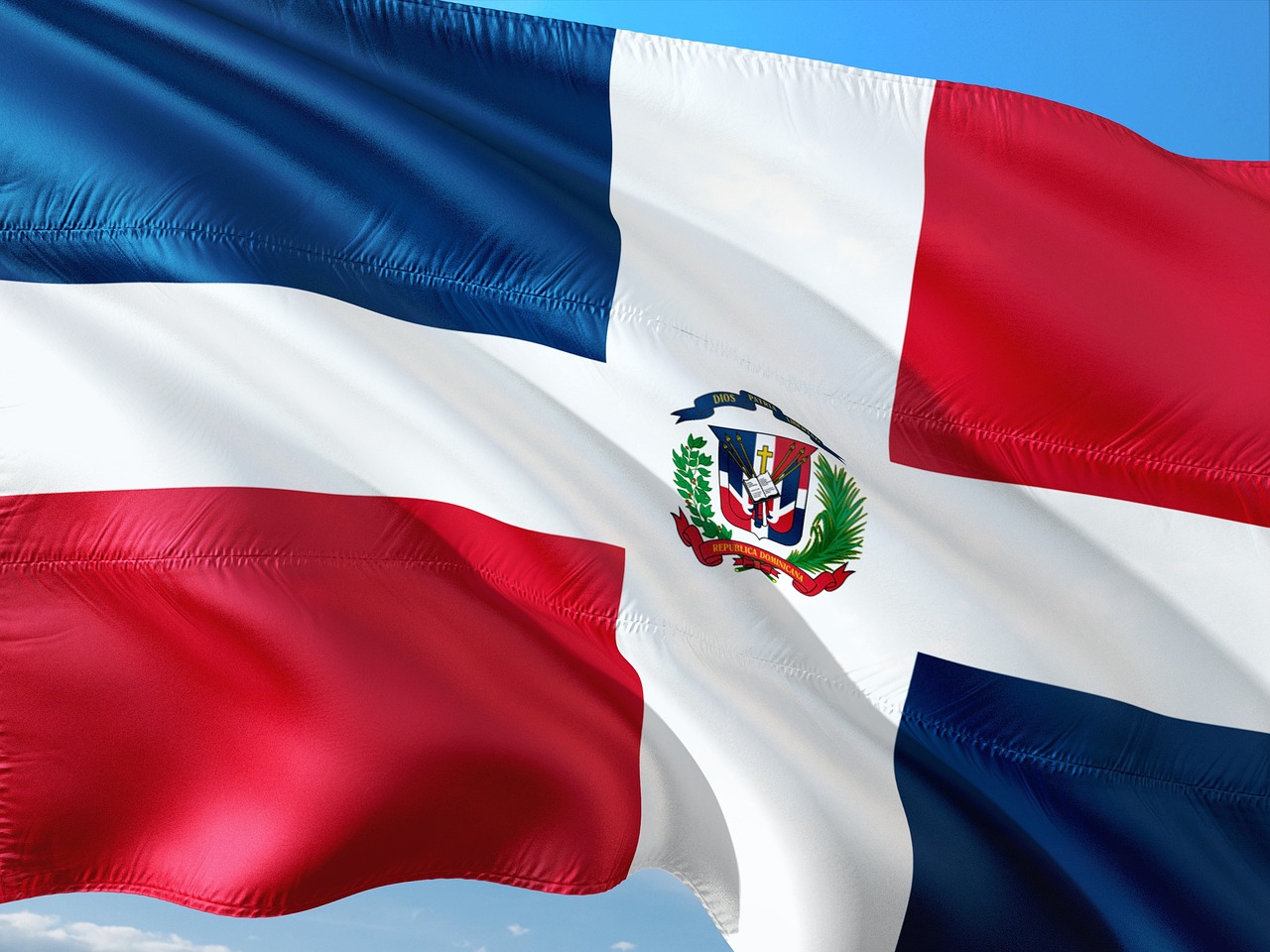Dominican Republic Video
Managing Finances and Payments while Working in Dominican Republic
The Dominican Republic is a beautiful Caribbean country with a growing economy and numerous work opportunities. If you are planning to work in the Dominican Republic, it is essential to understand how to manage your finances and payments effectively. This article will guide you through the various aspects of managing finances and payments while working in the Dominican Republic.
Banking Services
- Choose a Local Bank: When working in the Dominican Republic, it is advisable to open a bank account with a local bank. Popular options include Banco Popular, Banco de Reservas, and Banco BHD León.
- Required Documents: To open a bank account, you will typically need to provide identification documents such as your passport, residency card, and proof of address.
- Banking Services: Local banks offer a wide range of services, including checking accounts, savings accounts, credit cards, and online banking facilities.
- ATMs: ATMs are widely available throughout the country, allowing you to withdraw cash conveniently. However, be cautious of using ATMs in remote or less secure areas.
- International Transfers: If you need to receive or send money internationally, local banks offer wire transfer services. Ensure you understand the fees and exchange rates involved.
Tax Obligations
- Tax Residency: If you work in the Dominican Republic for more than 182 days in a calendar year, you are considered a tax resident. As a tax resident, you are required to pay taxes on your worldwide income.
- Income Tax Rates: The Dominican Republic operates on a progressive tax system, with rates ranging from 0% to 27% based on income brackets. Consult with a tax advisor to understand your specific tax obligations.
- Tax Deductions: Certain expenses, such as health insurance premiums and retirement contributions, may be deductible from your taxable income. Keep track of these expenses and consult with a tax professional for guidance.
- Filing Taxes: Tax returns must be filed annually by March 31st of the following year. Ensure you gather all necessary documentation and comply with the tax filing requirements.
Managing Expenses
- Create a Budget: Establish a monthly budget to track your income and expenses. Consider factors such as rent, utilities, transportation, groceries, and entertainment.
- Currency Exchange: The official currency of the Dominican Republic is the Dominican Peso (DOP). Familiarize yourself with the current exchange rates and consider using reputable exchange services.
- Cost of Living: The cost of living in the Dominican Republic varies depending on the location. Major cities like Santo Domingo and Punta Cana tend to have higher living expenses compared to rural areas.
- Utilities: Utilities such as electricity, water, and internet are common expenses. Ensure you understand the billing process and payment methods for each utility provider.
- Transportation: Public transportation options include buses and motoconchos (motorcycle taxis). Familiarize yourself with the fares and payment methods to navigate the country efficiently.
Payment Methods
- Cash: Cash is widely accepted in the Dominican Republic. Ensure you have sufficient cash on hand for daily expenses, especially in rural areas where card payments may be less common.
- Debit and Credit Cards: Major credit and debit cards are accepted in most establishments, particularly in tourist areas. However, it is advisable to carry cash as a backup and be cautious of card skimming.
- Mobile Payments: Mobile payment apps like T-Pago and Claro Pay are gaining popularity in the Dominican Republic. These apps allow you to make payments and transfers using your smartphone.
- Online Payments: Online platforms such as PayPal and international money transfer services can be used for various transactions, including remote work payments and e-commerce purchases.
Insurance Coverage
- Health Insurance: It is essential to have comprehensive health insurance coverage while working in the Dominican Republic. Explore options provided by local insurance companies or consider international health insurance plans.
- Vehicle Insurance: If you own a vehicle, ensure you have valid car insurance to comply with local regulations. Third-party liability coverage is mandatory, and additional coverage is recommended.
- Property Insurance: If you rent or own property in the Dominican Republic, consider obtaining property insurance to protect against risks such as theft, fire, and natural disasters.
Retirement Planning
- Contributory System: The Dominican Republic has a contributory pension system. If you are employed, a portion of your salary will be deducted for social security contributions.
- Private Pension Plans: Consider complementing the contributory system with a private pension plan to enhance your retirement savings. Consult with financial advisors to understand the available options.
- Investment Opportunities: Explore investment opportunities in the Dominican Republic, such as real estate, stocks, and mutual funds. Conduct thorough research and seek professional advice before making investment decisions.
Conclusion
Managing finances and payments while working in the Dominican Republic requires careful planning and understanding of the local banking system, tax obligations, expenses, payment methods, insurance coverage, and retirement planning. By familiarizing yourself with these aspects, you can effectively manage your finances and enjoy your work experience in this vibrant Caribbean country.
Dominican Republic Image 1:

Dominican Republic Image 2:

Dominican Republic Image 3:

References
- Banco Popular – www.bancopopular.com.do
- Banco de Reservas – www.banreservas.com
- Banco BHD León – www.bhdleon.com.do
- Dominican Republic Tax Authority – www.dgii.gov.do
- Central Bank of the Dominican Republic – www.bancentral.gov.do
- Ministry of Labor of the Dominican Republic – www.ministeriodetrabajo.gob.do
- Dominican Republic Tourism – www.godominicanrepublic.com


